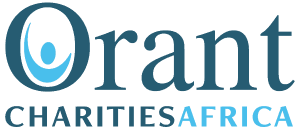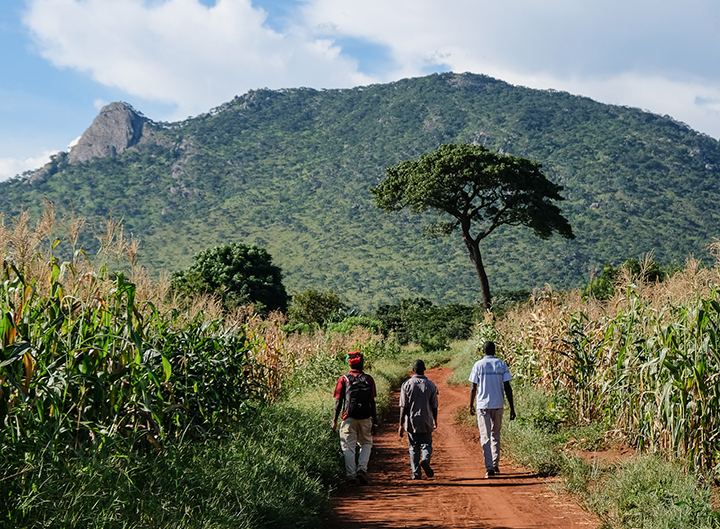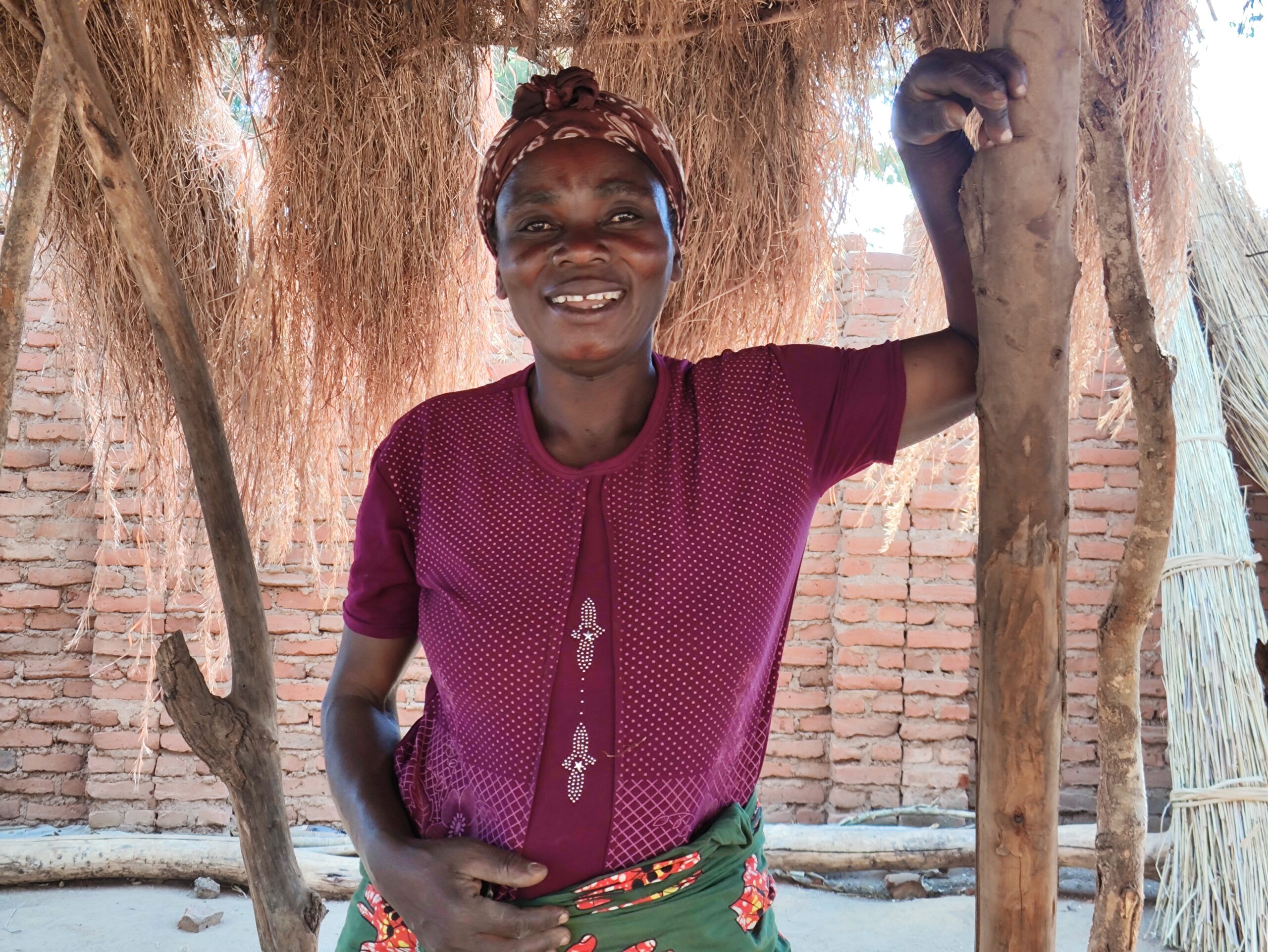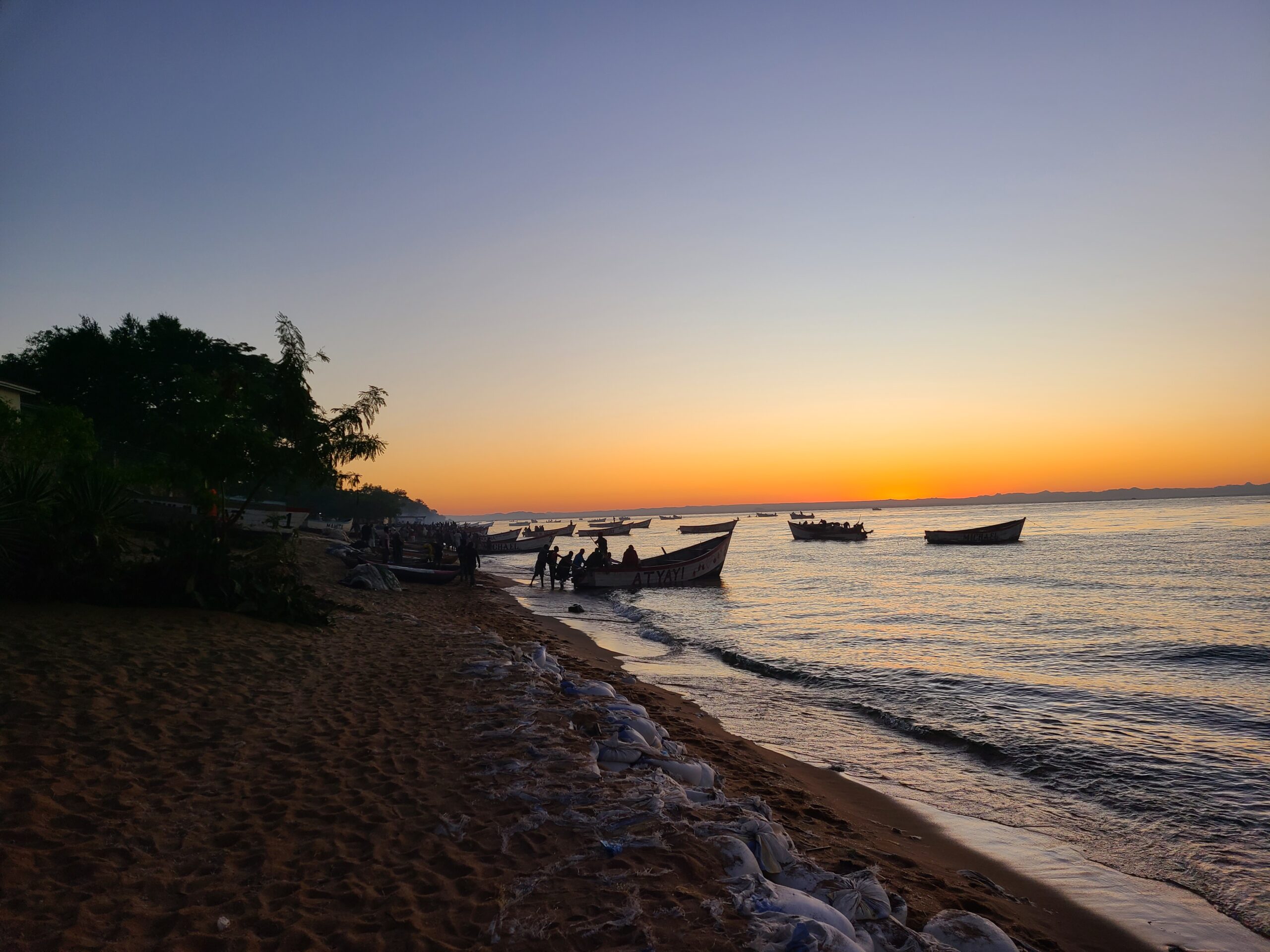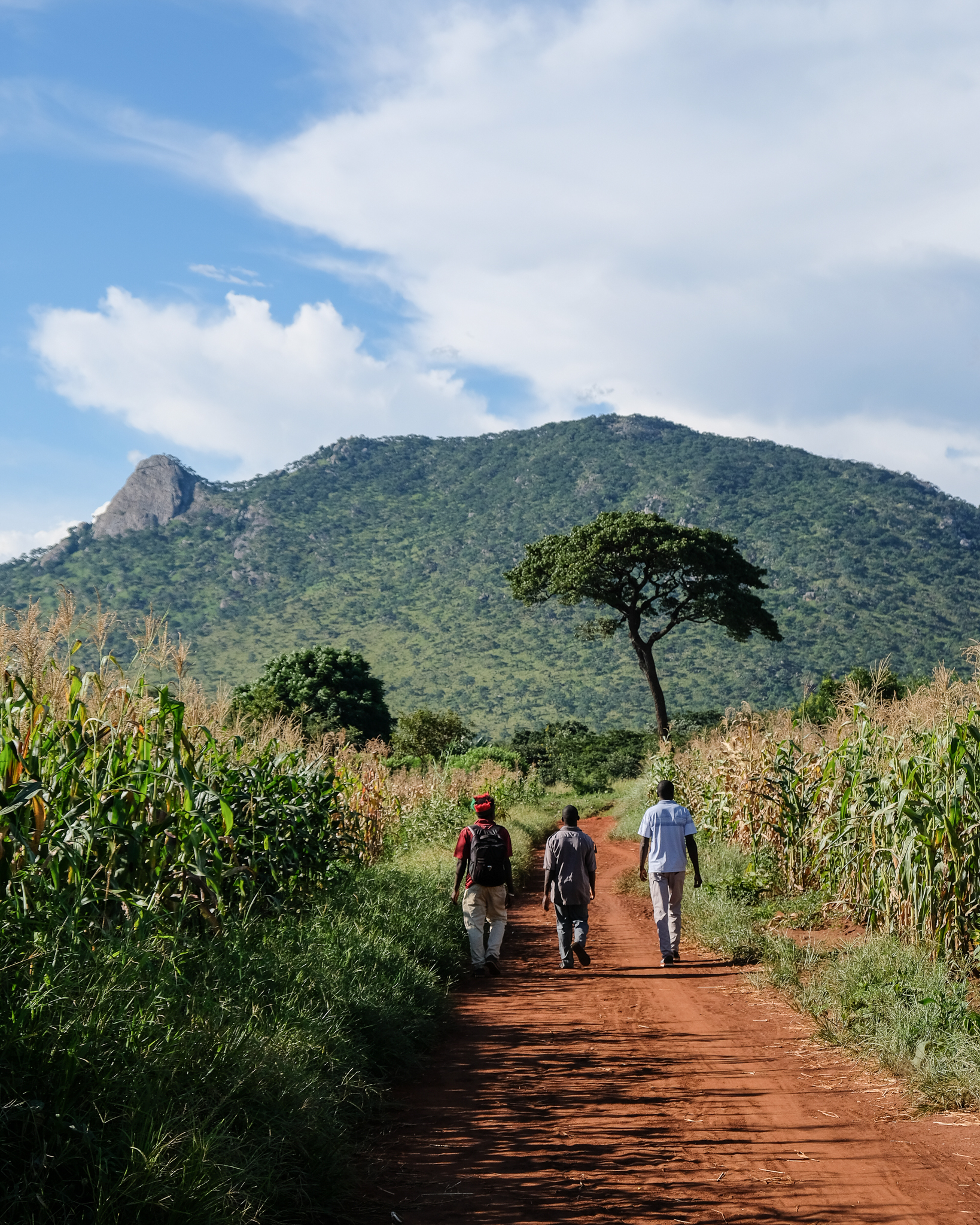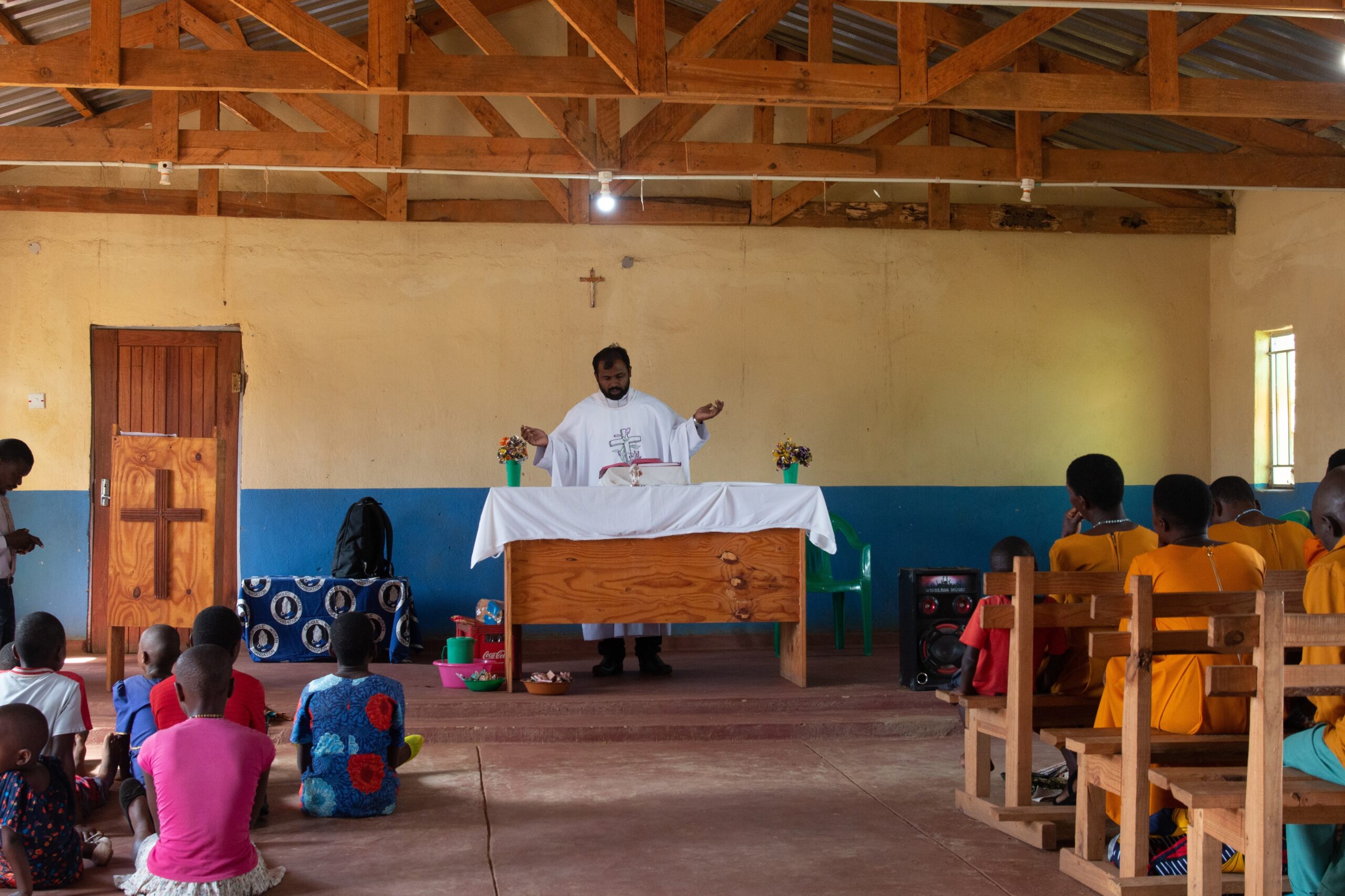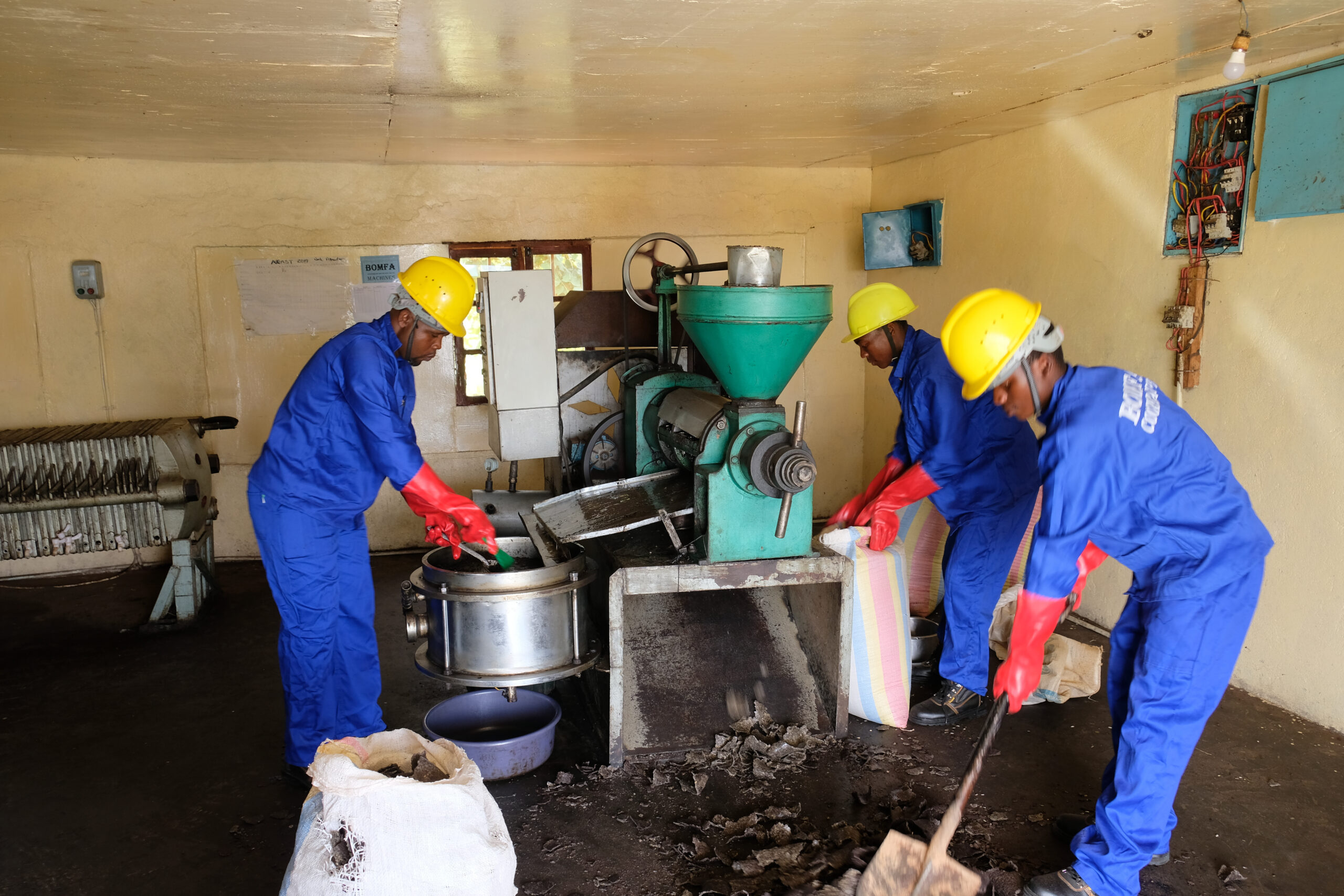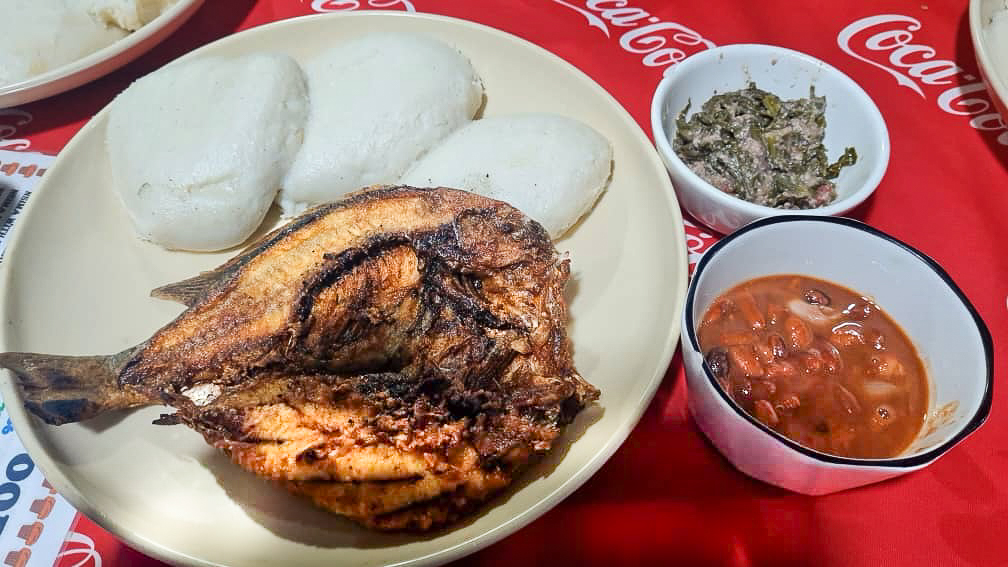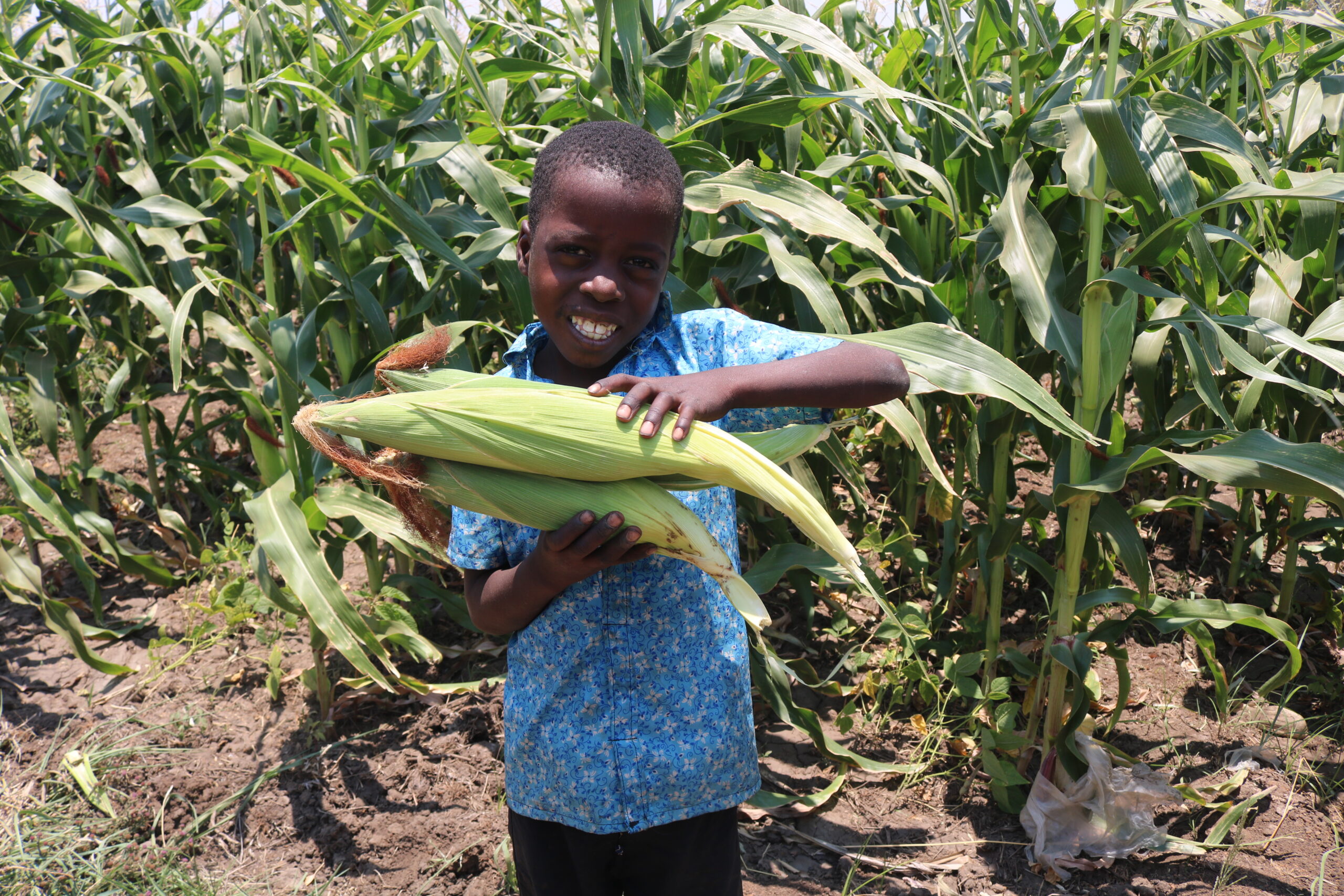“Orant respectfully serves and collaborates with our community in a sustainable way.”
Orant Healthcare Program Roadmap
A Deep Dive with James Mwambene
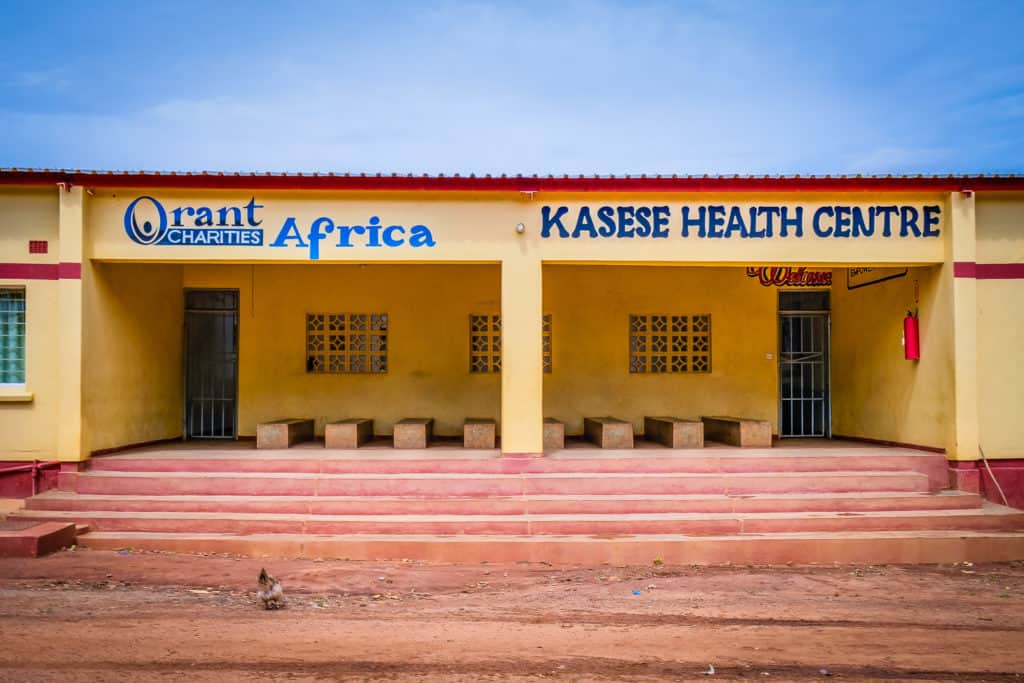
Orant Charities Africa is looking towards the future. Our Healthcare Program Roadmap details an extensive plan to improve care in the Dowa and Kasungu districts of Malawi. The mastermind behind this project is James Mwambene, Director of Healthcare Programs at Orant Charities Africa. We sat down with him to learn more.
Can you describe the healthcare challenges faced by the Dowa and Kasungu districts?
From the few months I’ve been with Orant Charities Africa, I’ve seen the many challenges that our people – the people in these two districts – face. It emanates from poverty. By Malawi standards, Kasungu and Dowa are the second and third poorest districts in Malawi. In areas of extreme poverty, women and children are the most vulnerable.
Another challenge is arranged marriages. We have many young children going into marriages, which compromises family planning. This in turn affects maternal and child health. It leads to children who are vulnerable to malnutrition, waterborne diseases, malaria, and typhoid.
What are our Healthcare Program’s strengths and weaknesses?
The most obvious strength is that we operate programs on the site of these challenges. And we’re the only clinic in the area that provides prenatal services. The second is the Mobile Outreach Clinic. We reach people who otherwise can’t access healthcare services. The third is that people trust us. When we need to transfer them to the hospital, they say they’d rather stay with us.
However, the weakness is that we only have one permanent location. The Mobile Outreach Clinic does great work, but if it disappeared, so would the only healthcare services for miles around.
We are strengthening the community structures that partner with our Healthcare Center. In Kasese, the Ministry of Health has marked three healthcare posts. In each spot, they are building healthcare posts where they will deploy community midwife assistants. We plan to provide technical support. Since these posts are in our catchment area, we can offer mentorship – going there and mentoring these community midwife assistants. We can also share prenatal supplies that we get from the government. That is how we invest in solving these weaknesses.
What is the purpose of the Roadmap?
Our roadmap is a guidebook for offering a differentiated model of care. We plan to collaborate with the government as they build healthcare posts and deploy medical professionals. And we plan to launch a Mobile Outreach Clinic for Maternal and Child Health. The second Mobile Outreach Clinic will make our mobile unit more efficient, covering more ground faster. It will also ensure women receive access to cervical cancer screening, vaccines, and family planning.
If we achieve these things, people will be empowered in a number of ways. When people are healthy, they are also productive. They’re able to go to school. They can do business.
Why has Orant decided to focus on Child and Maternal Health?
I think everything starts with the nursery. Attendance at our Kasese Health Center shows that 60-70% of our patients are women and children. They are most affected by the burden of disease.
Women in Africa are vulnerable to a number of things – fetching water in a diseased area, fetching firewood, working from morning to evening. And children receive what their mothers don’t know how to prevent – HIV, AIDs, lack of food, etc.
Putting our attention towards child and maternal health is our priority, but it’s also on Malawi’s national agenda and the UN’s international agenda.
What type of impact are we hoping to make?
In the area we work, we hope to reduce maternal and neonatal death. And we hope to operate above or below the international and national standards.
The Orant Journal
The Village Chief’s Vital Role
Ever wondered why we always mention village chiefs and their involvement in Orant’s work? If yes, then today’s blog article is for you! In this article, we talk to Village Head of Kasese Village in Dowa, who tells us about her duties and why her involvement with Orant is important. Read today's blog article to learn more.
The End of Plenty Book Review
Recently, we read The End of Plenty by Joel K. Bourne Jr. An honest and sometimes scathing review of the Green Revolution, this book covers how monoculture crops have led to worsening hunger across the world. As the planet warms, the need is ever more urgent for us to find a solution to humanity’s desperate need to feed 9 billion people.
Urbanisation in Malawi: MW2063 Pillar #3
As we have discussed in some of our past blogs, Malawi Vision 2063 has three key pillars that guide the focus of the Vision. These three pillars are meant to build on each other to create the inclusively wealthy and self-reliant nation that they envision. In this blog, we will look at the third pillar of MW2063: Urbanisation.
Best Things to Do in Malawi
Whether you are planning an African trip or just curious about the things we love about Malawi, read today’s blog to see the best things to do in Malawi!
Holidays in Malawi
Holidays are here again and we are so excited! Most of our team is taking time off with their families and loved ones, so please enjoy this blog while we are away. Celebrate the holidays with us the Malawian way!
The Culture of Malawi: Malawian Religions
Introducing you to the culture of Malawi through a series of articles! The culture of Malawi is strong in spirituality and most people are active in religious groups. We’ll tell you about Malawi’s main religions and the people who practice them. Read on for more.
Industrialisation in Malawi: MW2063 Pillar #2
As we have discussed in some of our past blogs, Malawi Vision 2063 has three key pillars that guide the focus of the Vision. These three pillars are meant to build on each other to create the inclusively wealthy and self-reliant nation that they envision. In this blog, we will look at the second pillar of MW2063: Industrialization.
The Culture of Malawi: Malawian Food
Introducing you to the culture of Malawi through a new series of articles! First in the series is the food of Malawi, an important part of culture and tradition. We’ll tell you about some traditional foods and even share some recipes! Read on for more.
In this blog, we will look at the first pillar of MW2063: Agricultural Productivity and Commercialization.
